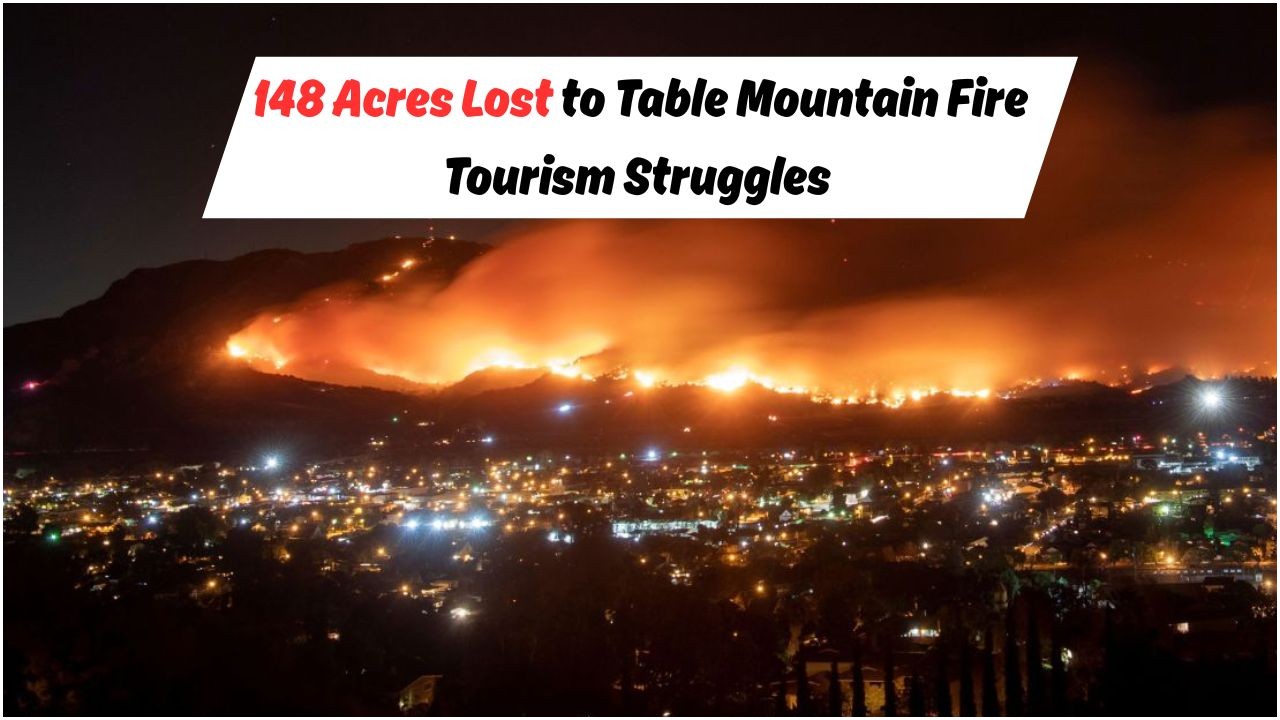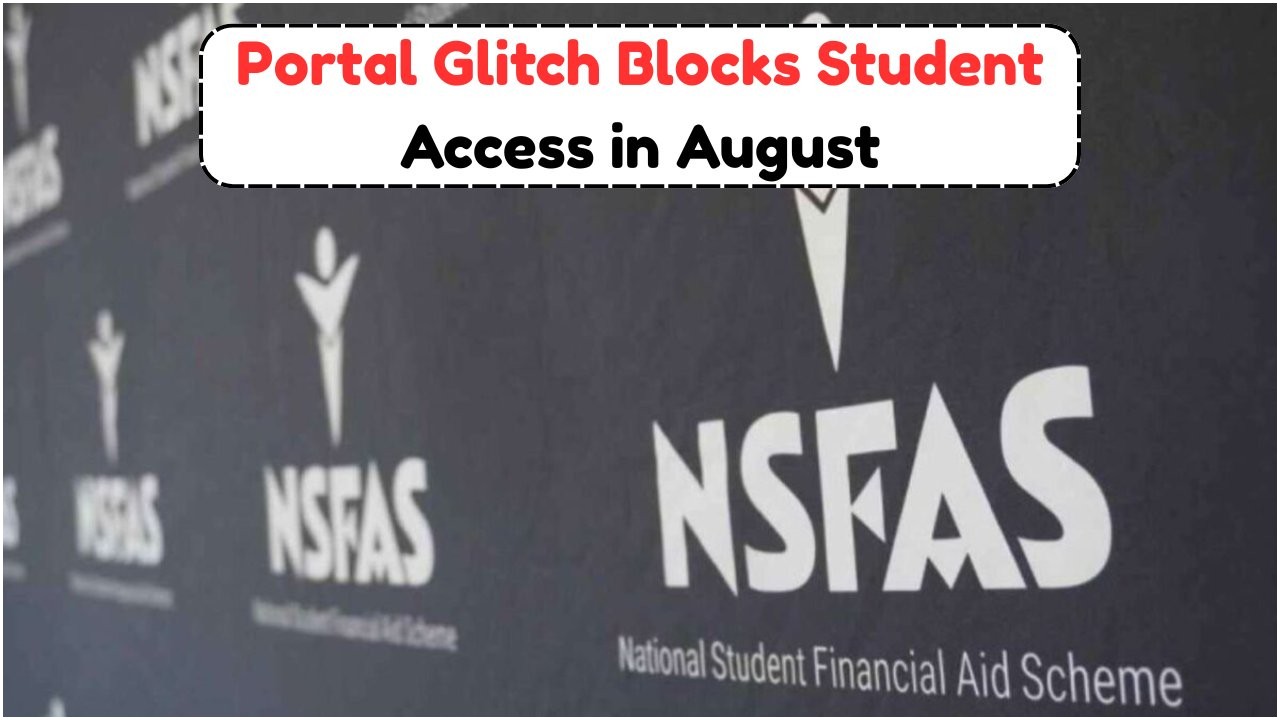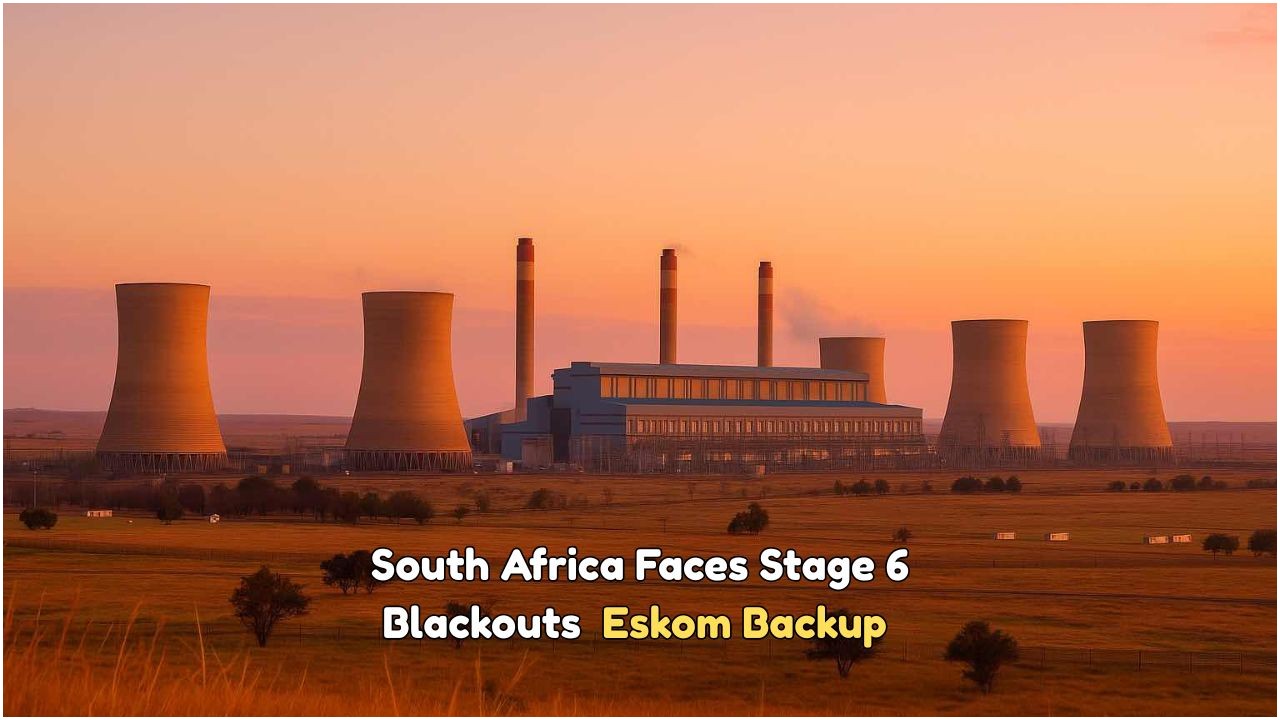Cape Town’s Tourism Faces Challenges After Table Mountain Fire: The recent fire on Table Mountain, which scorched a vast 148-acre area, has cast a shadow over Cape Town’s tourism sector. Known for its breathtaking scenery and biodiversity, Table Mountain is a key attraction in South Africa, drawing millions of visitors annually. However, the recent blaze has left significant marks on the landscape, potentially affecting visitor numbers and the local economy. As the city grapples with this environmental setback, there is a pressing need to assess the impact on tourism and explore strategies for recovery.
Impact of the Table Mountain Fire on Local Tourism
The fire on Table Mountain has not only reshaped the natural beauty of the area but also posed challenges for the tourism industry. With charred landscapes and disrupted ecosystems, the allure of hiking trails and scenic views has been temporarily diminished. Tour operators and local businesses that rely on the influx of tourists are facing economic strains. The decrease in visitor numbers is expected to impact revenue streams significantly, potentially leading to job losses and closures.
 Eastern Cape School Shuts Down Amid #JusticeForCwecwe Uproar: Parents Call for Immediate Action
Eastern Cape School Shuts Down Amid #JusticeForCwecwe Uproar: Parents Call for Immediate Action
- Decreased tourist arrivals
- Impact on local businesses
- Temporary closure of hiking trails
- Disrupted wildlife habitats
- Economic implications for tour operators
- Potential job losses in the tourism sector
- Need for restoration and recovery efforts
Environmental Aftermath and Recovery Plans for Table Mountain
The environmental impact of the fire on Table Mountain is extensive, affecting both flora and fauna. The fire has disrupted the delicate balance of ecosystems that are home to unique species. Recovery plans are being prioritized to restore the natural habitat and ensure the safety of wildlife. Authorities are working alongside environmentalists to implement measures that will aid the rehabilitation of the affected areas.
 NSFAS Error Blocks Student Access in August: Discover the Quickest Solution to Regain Entry
NSFAS Error Blocks Student Access in August: Discover the Quickest Solution to Regain Entry
| Ecosystem Impact | Recovery Measures | Time Frame | Stakeholders Involved |
|---|---|---|---|
| Flora damage | Replanting native species | 12-24 months | Environmental NGOs |
| Wildlife displacement | Creating safe zones | 6-12 months | Wildlife Services |
| Trail safety | Structural assessments | 3-6 months | Park Authorities |
| Soil erosion | Soil stabilization techniques | 18-24 months | Soil Experts |
| Tourism impact | Marketing campaigns | Ongoing | Tourism Board |
| Community involvement | Volunteer programs | Ongoing | Local Communities |
| Fire prevention | Enhanced safety protocols | Immediate | Fire Departments |
Community and Economic Responses to the Fire
The community response to the Table Mountain fire has been both resilient and proactive. Local businesses and residents are coming together to support recovery efforts and mitigate the economic impact. Community-driven initiatives are playing a crucial role in revitalizing the tourism industry and restoring public confidence.
- Community fundraising events
- Local business collaborations
- Volunteer clean-up drives
- Educational workshops on fire prevention
- Partnerships with environmental organizations
Long-Term Sustainability and Conservation Efforts
In the wake of the Table Mountain fire, there is a renewed focus on long-term sustainability and conservation. Efforts are being directed towards not only restoring what was lost but also ensuring the resilience of the ecosystem against future threats. The integration of advanced technology and research is paramount in these conservation efforts.
| Conservation Strategy | Objective | Implementation | Expected Outcome |
|---|---|---|---|
| Habitat restoration | Restore natural flora | Replanting initiatives | Biodiversity recovery |
| Wildlife monitoring | Track species health | Use of GPS tracking | Stable populations |
| Community education | Raise awareness | Workshops and seminars | Informed public |
| Fire prevention | Reduce risk | Controlled burns | Safer ecosystems |
| Research and innovation | Advance conservation | Collaborative projects | Innovative solutions |
Challenges in Rebuilding Cape Town’s Tourism Sector
Rebuilding Cape Town’s tourism sector post-fire presents several challenges. The primary hurdle is restoring the natural beauty and safety of Table Mountain so that it once again becomes a magnet for tourists. Additionally, rebuilding confidence among international tourists, who may hesitate to visit due to perceived safety concerns, is crucial. Marketing campaigns will be essential to showcase the recovery progress and reassure potential visitors.
- Restoration of natural beauty
- Addressing safety concerns
- Marketing strategies
- Engaging international tourists
- Collaborating with global tour operators
FAQ Section
How did the Table Mountain fire start?
The cause of the fire is still under investigation, but it is believed to have been sparked by human activity.
What measures are being taken to prevent future fires?
Authorities are enhancing fire safety protocols and promoting community education on fire prevention.
Will hiking trails be open to the public again?
Yes, once safety assessments are completed, hiking trails will gradually reopen.
How can I support the recovery efforts?
You can participate in volunteer programs or donate to local conservation initiatives.
What is the impact on local wildlife?
The fire has caused habitat loss, but efforts are underway to create safe zones for displaced wildlife.








